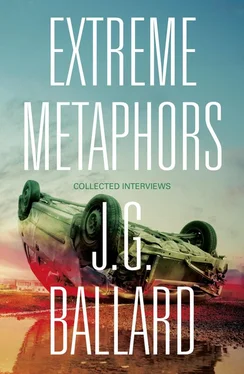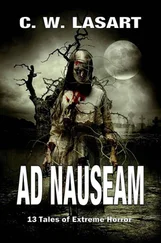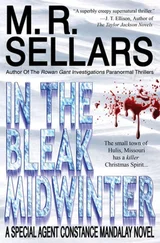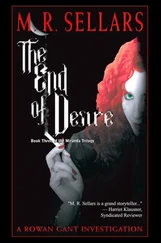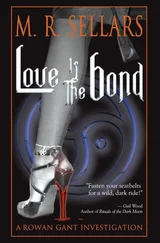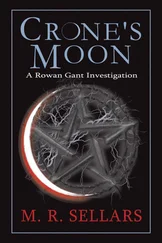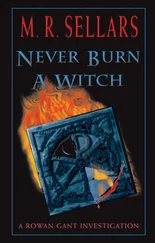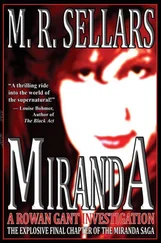Then came a brace of unclassifiable novels: The Unlimited Dream Company (1979), Hello America (1981), The Day of Creation (1987) and Rushing to Paradise (1994). If an overarching theme could be detected, it’s perhaps that each presented a lysergic vision of mythical lands (sometimes right before our eyes, as in suburbia) undermining and degrading the structural integrity of the urban West. In between were Empire and its sequel The Kindness of Women (1991), both playing surrealistic games with Ballard’s life story.
In his later career, there was a final incarnation: Ballard, the writer of subversive crime fictions such as Running Wild (1988), Cocaine Nights (1996), Super-Cannes (2000), Millennium People (2003) and Kingdom Come (2006). Indeed, crime was the perfect genre for the age of conspiracy theory and inscrutable global power structures that would come to define the new millennium, and which Ballard’s work had always foretold. Of course, he continued to write brilliant short stories throughout, as well as the novella ‘The Ultimate City’ (1976), about a future New York abandoned and then re-populated, regarded as among his finest work.
Actually, what this potted history suggests is that Ballard’s career is almost impossible to summarise. Reading the blurbs of his later novels, therefore, with their Shanghai- Empire focus, feels like submitting to a ritual incantation designed to fix a public mask for this most elusive of writers. In reality, if your first introduction to Ballard is by way of, say, his short story ‘The Drowned Giant’ (1964), then you might think you have stumbled on to a master magical realist in the Swiftian tradition. If Crash is the initiation, then you might think twice before proceeding further, unless your palate is already sufficiently developed with a taste for the blackest intellectual meat. And what if your introduction is via one of the many interviews he gave across the arc of his career?
Ballard published approximately 1,100,000 words in novels, 500,000 in short stories and at least 300,000 in non-fiction. The combined word count of all the interviews he gave is around 650,000. In the Ballardian galaxy that’s a second sun, an enormous parallel body of speculation, philosophy, critical inquiry and imaginative flights of fancy that comments critically on his writing, often explains it and, sometimes, extends or even goes beyond it. Ballard enjoyed talking about his work, in marked contrast to the contemporary literary landscape where authors see interviews as a tiresome duty, or as a PR exercise, a chance to push product, or even as a chance to vent spleen on real and imagined enemies. As Iain Sinclair said of him: ‘He doesn’t speak badly of anybody, any named individual. It’s almost a superstition, no gossip.’ In interviews, it was common for him to ignore any mention of literature and fellow writers altogether. Questions as to his literary influences were often deflected or summed up with a short list of his childhood reading.
Ballard was never comfortable defining his place within the canon, and had little time for contemporary literature, which he saw as stuck in the mode of the nineteenth-century ‘social novel’, unwilling or unable to confront the fragmented subjectivities induced by the new media landscape. In contrast, his stories and novels present psychosociological case studies, based on highly skilled readings of real-world trends in culture, consumerism, technology and media. Frequently, this predictive charge was fomented in the interview situation, a kind of philosophical ‘laboratory’ where he could test ideas, opinions and observations, and later smuggle them into the airlocked worlds of his fiction. The opportunity to review his interviews is therefore an important one, and, in the twilight zone of critical opinion that invariably follows an important writer’s death, to be taken seriously. With the benefit of hindsight, and Ballard’s complete body of work before us stretching back fifty-five years, not only are we able to unearth the philosophical and imaginative seeds that would spawn his most significant writing, but we are also able to experience a kind of extended remix of the themes woven throughout his work.
Arguably, Ballard’s most striking interview is the one he gave to Carol Orr in 1974, soon after the publication of Crash , when his notoriety was riding high. Four years earlier, the entire run of the American edition of The Atrocity Exhibition , to be published by Doubleday, had been pulped after a Doubleday executive became apoplectic at some of the more controversial material within (principally the story ‘Why I Want to Fuck Ronald Reagan’). Then, Crash was initially turned down by a publisher’s reader with the infamous words: ‘This author is beyond psychiatric help. Do not publish.’ Ballard was probably about as ‘cult’ as a writer could be at the time, and although still regarded as primarily a writer of science fiction, was distancing himself farther and farther from the genre. As a writer of SF, his ostensible line of work was to collate the future, yet he undermines that job description by telling Orr that there is no future, that ‘the present is throwing up so many options, so many alternatives, that it contains the possibilities of any future right now. You can have tomorrow today. And the notion of the future as a sort of programmatic device … a compass bearing … a destination that we are moving towards psychologically and physically … is rather outdated.’ It is for this reason, he has claimed elsewhere, that science fiction is dead, its predictive capacity castrated by the ever-changing, real-world present. The prophetic nature of that observation can be gauged by the fact that William Gibson, among the most intelligent and successful of contemporary science fiction writers, has said in recent interviews that he has given up on writing SF for similar reasons – almost three decades after Ballard.
Orr asks Ballard about the likelihood of nuclear holocaust, and his response both predicts and undermines the nuclear hysteria and paranoia that would peak in the 1980s. Warning that networked technology and identity theft will become greater threats, he argues that we must be prepared for a coming age ‘where bank balances will be constantly monitored and at almost any given time all the information that exists about ourselves will be on file somewhere … where all sorts of agencies, commercial, political and governmental, will have access to that information’. (This can be tested empirically: who among us has been the victim of online identity theft, and who of a nuclear holocaust?)
Compare with Alvin Toffler’s bestselling non-fiction book Future Shock , published three years earlier but in 1974 still considered a frightening, all-too-real vision of the future. Toffler warned of ‘massive adaptational breakdown’ unless ‘man quickly learns to control the rate of change in his personal affairs as well as in society at large’. He predicted turmoil on an epic scale, with most of the population struggling to cope with the psychological shock of a mass-mediated life. While Ballard is concerned about the effects of new technologies, he discerns a rather different outcome, rooted in his belief in the affirmative possibilities of technological advance. He tells Orr that modern urban dwellers are psychologically tougher than ever before, ‘strong enough to begin to play all kinds of deviant games, and I’m sure that this is to some extent taking place’. He explains how the isolation that results from immersion in technological systems will invariably play into our latent fantasies: ‘We tend to assume that people want to be together in a kind of renaissance city if you like, imaginatively speaking, strolling in the evening across a crowded piazza … [But people] want to be alone. They want to be alone and watch television.’ Orr is unsure, her voice trailing as she struggles to articulate: ‘No, I can’t agree with you there. I think it is not a question of a conscious decision …’
Читать дальше
